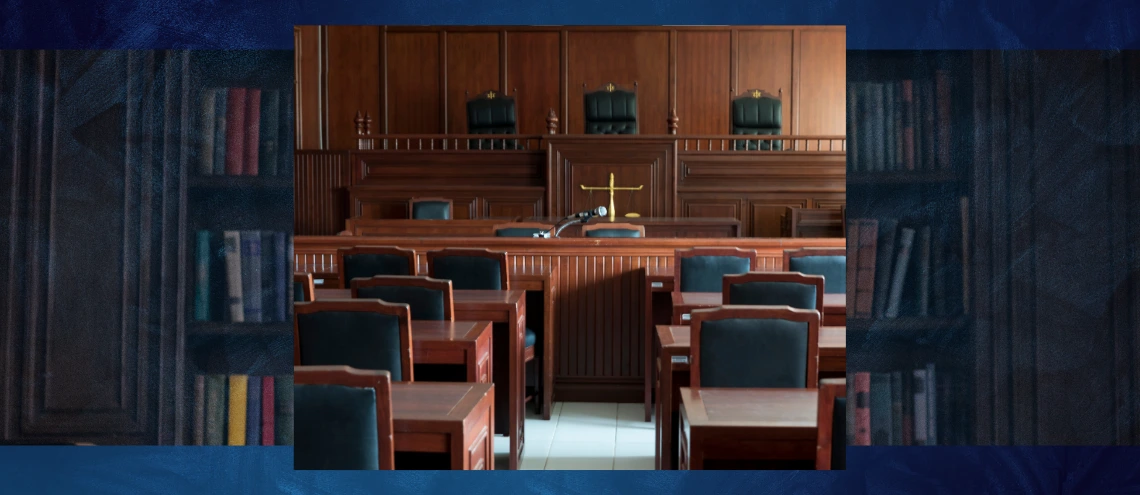
The criminal appeals process in Texas represents a crucial opportunity for those convicted of a crime to seek justice and freedom.
Our team is committed to being transparent with all of our clients and their families about the challenges and complexities of the post-conviction legal process. Every case is unique.
While we put our full effort into every case, we also recognize how difficult it can be when the outcome doesn’t meet expectations. Appeals demand a thorough understanding of appellate law and a strategy tailored to the unique circumstances of each case.
It’s no secret that pursuing an appeal either in Texas state Courts using Habeas Corpus or US Federal Courts 2255 procedure to attack a sentence can be a costly endeavor. Many individuals and families wonder why the process comes with such a high price tag. To understand the expense, it’s essential to look at the intricate and labor-intensive steps required to prepare and then argue a criminal appeal effectively.
Gathering the Trial Record: A Time-Intensive Step
The foundation of all criminal appeals is the trial record, which includes:
- Court transcripts
- Motions and rulings
- Evidence logs
- Jury instructions
- Any other relevant documentation filed during the trial
Obtaining these materials is a time-consuming and costly process. Court reporters must transcribe the trial proceedings, which can take weeks or months depending on the trial’s length and the court’s backlog. Additionally, securing copies of the records often involves administrative fees and at times multiple requests. These records must be complete, as even one missing piece can undermine the entire appeal.
Gather Case Records: In Cases of Guilty Plea
Same procedure pretty well goes for cases where an individual pleads guilty without a trial. The case record must be obtained, which includes:
- Court transcripts
- Motions and rulings
- Evidence logs
- Any other relevant documentation that’s been filed
Reminder: Just because your loved one plead guilty and signed off to “Not Appeal” their case result, they still have options for relief as Jacob Blizzard, dual board certified in criminal law and criminal appeals, explains in his YouTube Video: Can I Challenge a Guilty Plea?
Reviewing Case Files and Evidence: Finding the Needle in the Haystack
Once the records are obtained, the attorney begins the exhaustive task of reviewing every aspect of the case. This phase requires meticulous attention to detail and often involves hundreds of hours of work. Attorneys must:
- Analyze the trial transcript for procedural or legal errors
- Re-examine all evidence to uncover overlooked details or inconsistencies
- Investigate whether key evidence was improperly excluded or mishandled
This thorough review is critical because appeals focus on identifying mistakes or violations of legal rights that occurred during the trial. Finding the single error or overlooked piece of evidence that could change the outcome is like searching for a needle in a haystack looking for the “thing” that could result in freedom from prison – and it requires time, expertise, and resources.
Legal Research and Brief Writing: Building a Strong Argument
An appeal is not a retrial of the case.
Instead, it’s a legal argument presented to a higher court.
To craft a compelling argument, attorneys must:
- Conduct extensive legal research to identify relevant case law and precedents
- Analyze complex legal issues to determine how they apply to the case
- Draft (that is write out) appellate briefs, which are highly technical documents that require precision and clarity
Appellate briefs often take weeks or months to write, as they must address every relevant detail and anticipate counterarguments. This level of preparation requires significant time and expertise, contributing to the overall cost.
Collaboration with Experts and Investigators
In many cases, attorneys work with external professionals to strengthen the appeal. This can include:
- Forensic Experts: To re-evaluate evidence such as DNA, ballistics, or medical reports
- Private Investigators: To uncover new evidence or interview witnesses who were not heard during the trial
- Specialized Consultants: To provide insights into complex aspects of the case
These collaborations add to the cost but are often essential to presenting a thorough and effective appeal.
Court Procedures and Administrative Fees
The appeals process involves strict procedural requirements and deadlines. Filing fees, printing costs for lengthy appellate briefs, and other administrative expenses can add up quickly. Additionally, court schedules and procedural delays can extend the timeline, increasing overall costs.
The High Stakes of Appeals: Why It’s Worth the Investment
For individuals serving a prison sentence, an appeal can mean the difference between years of incarceration and freedom. The stakes are incredibly high, which is why the process demands such a significant investment of time, effort, and resources. An experienced appellate attorney dedicates their skills and energy to uncovering the errors or evidence that could turn the tide in their client’s favor.
Transparency and Advocacy
At our firm, we understand the financial and emotional burden that comes with pursuing an appeal. We are committed to being transparent about the costs and providing our clients with a clear understanding of what goes into the process.
While appeals are expensive, they represent an invaluable opportunity to seek justice and freedom for those wrongfully convicted or unfairly sentenced.
Our team is here to fight for you every step of the way, leaving no stone unturned in the pursuit of justice.
If you have questions about the appeals process or want to discuss your case, contact us for a risk-free case assessment today. Let us help you navigate this complex but vital path toward freedom.

